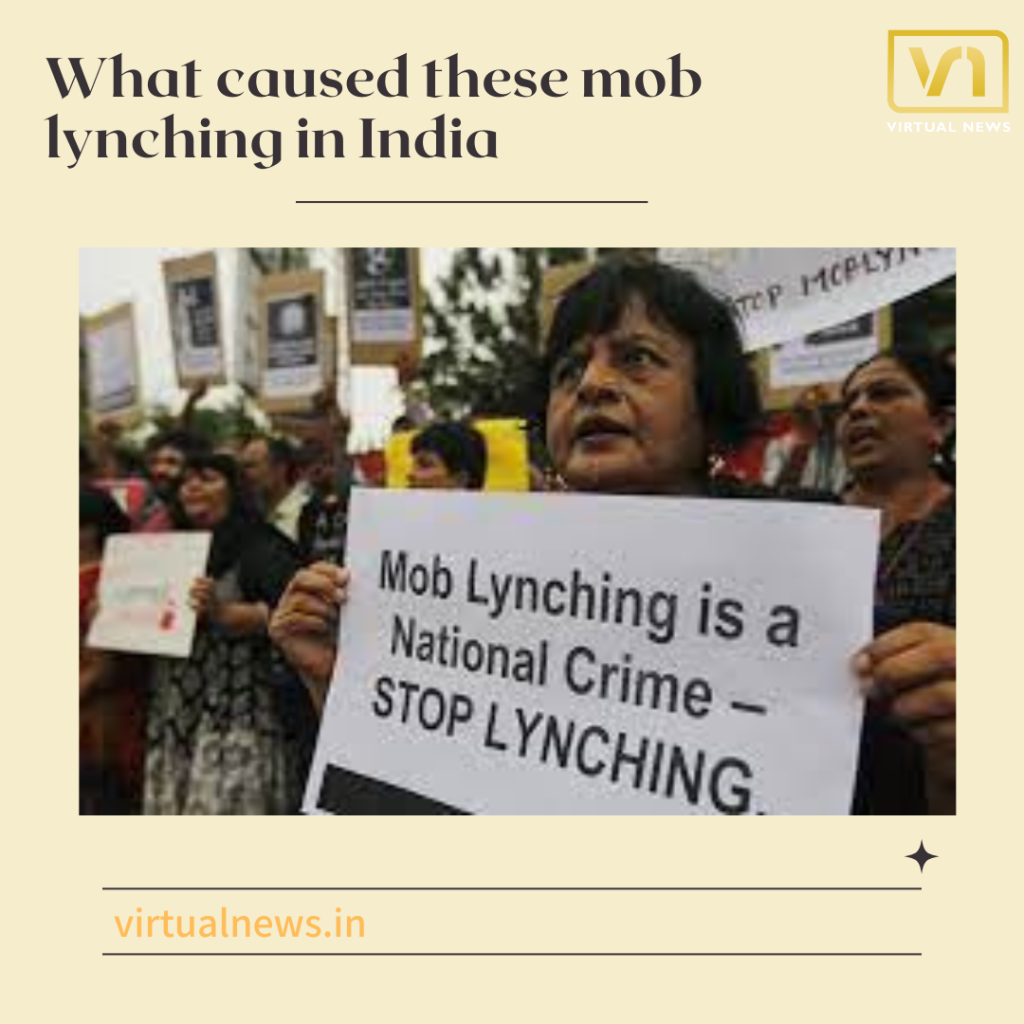India has several instances of Mob lynching throughout its history.India’s history with Mob Lynching
The Indian government created two high-level committees on July 23, 2018, to provide a legal framework to address the mob lynching events.
Since the mob lynching occurred in 2015, these crimes have become more common. In these cases, numerous innocent people, including a police officer and a woman who had mental disabilities, were killed.
Now, what exactly is mob lynching?
Mob lynching is the act of a mob attacking a person or a small number of individuals. Now let’s delve into the causes of mob lynching and the steps taken by the government to prevent the same.
What are the causes of mob lynching?
The main factor is a lack of concern about the repercussions. Every member of the group who commits the crime believes they will get away with it. This lack of terror is brought on by an ineffective police investigation and an ineffective justice system.
Another factor is indirect government assistance. Cow vigilantism is the primary cause of mob lynching instances. Several ministers openly backed the mob that killed a person because they had consumed meat. Moreover, even though these crimes have been occurring often for the previous three years, the government has not taken strict action against them.
Mob lynching are also encouraged by ministers’ hateful statements about minorities.
What are the steps taken by the government and the public?
The Indian government created two committees in July 2018 to develop legislation on mob lynching.
Many individuals denounced mob lynching in 2017 and launched the “Not in my name” movement. This demonstration is intended to warn those responsible for mob lynchings not to commit crimes in my name. This is so that those accused of these crimes can defend their acts by claiming that they acted on behalf of Hindus.
Another movement called “I support MASUKA (Manav Suraksha Kanoon)” was launched in 2017 to put pressure on the government to pass legislation to prevent mob lynchings. This movement proposed measures like giving the perpetrators of these crimes life in prison and making it a non-bailable offence, among others.

